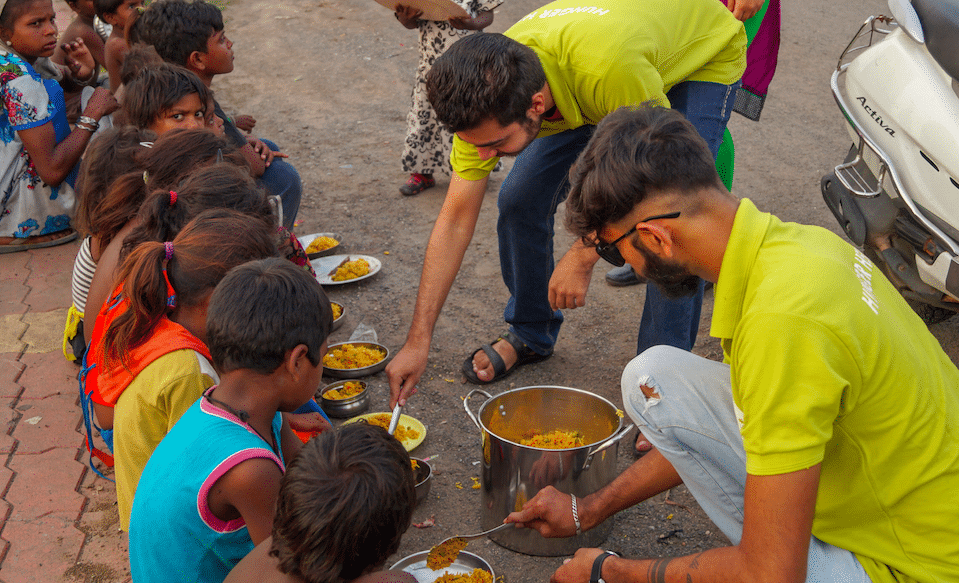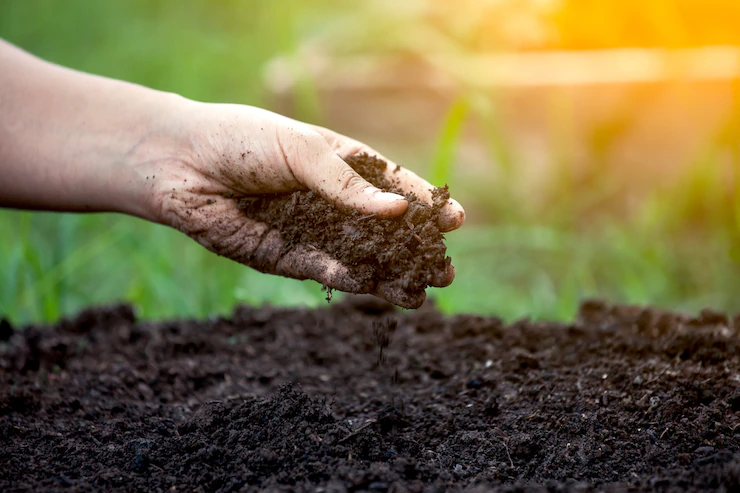Food Waste Solutions: Join The Fight To Reduce It Now : Food waste has emerged as one of the greatest environmental challenges of our time, having had devastating repercussions for our planet. Every year an estimated one-third of all human food produced annually goes uneaten, leading to increased greenhouse gas emissions and carbon dioxide outputs.
And our planet is paying the price. Luckily, there are ways we can all join together in fighting food waste and saving our environment – from reducing home-food waste reduction efforts to supporting sustainable food initiatives – there are simple and effective solutions we can all take part in to make a difference and contribute towards making this world better place. Here are 8 ways you can join the fight against food waste and help save our world!
Ways To Join The Fight Against Food Waste
1. Reduce Food Waste At Home

One effective strategy for reducing food waste at home is planning your meals ahead. Doing this enables you to make the most of your ingredients – particularly those nearing their use-by date – as well as reusing ingredients already used, like making breadcrumbs out of leftover bread or turning stale bread into croutons; or by creating healthy stocks out of leftover bones which can then be used in other recipes.
2. Shop Smarter

Many people fail to plan their grocery shopping in advance, leading to unnecessary food waste. Studies estimate that an estimated 20% of food purchased annually by U.S. citizens goes uneaten – representing $48 billion each year! To reduce food waste when purchasing groceries, plan your meals for the week in advance – make a list of each dish and purchase only what ingredients are needed for its preparation – plus always shop with future self in mind!
Shopping smart means purchasing sufficient ingredients so as to prevent food waste. Another effective strategy for shopping is buying items in their raw form; rather than purchasing premade sauces, buying ingredients separately and creating your own will reduce food waste since you won’t end up throwing out expired sauces.
3. Buy Ugly Produce

Food waste, specifically produce, is often overlooked. Estimates estimate that about 10-20% of produce ends up being wasted each year in the U.S. However, many people fail to recognize its role in helping reduce food waste – one way is through buying ugly produce; which refers to produce that doesn’t meet certain aesthetic standards and should therefore not be wasted.
While these standards might seem reasonable, they’re often applied arbitrarily and may differ between countries. When people fail to purchase ugly produce from supermarkets that won’t sell it, much of it ends up going waste and becoming food waste. To help reduce food waste associated with ugly produce, try purchasing it whenever you can!
4.Buy In Bulk

Purchasing foods in bulk is one of the best ways to prevent food waste, since bulk containers often last longer. There are multiple reasons for this; firstly you know exactly how much money has been spent; secondly it makes it harder to overbuy certain items as there won’t be an indicator to show you just how much is already on hand; finally they last longer which ensures more likely consumption before spoilage occurs.
5. Donate Excess Food

One effective way to decrease food waste is donating excess food. You can do this through local charities, food banks or simply sharing it with family and friends. According to estimates, one in six American’s are food insecure yet we waste enough food to feed everyone – one way is attending one-off events where excess food donations are accepted and two others include creating an app where people can share their excess food among themselves.
6. Compost

Compost- Reduce food waste through composting by turning food scraps into nutrient-rich soil using various composting techniques, including indoor or outdoor vermicomposting. Be mindful when composting to not include prohibited items that might hinder effectiveness, and always maintain your composting area well for best results.
7. Support Sustainable Food Initiatives

Understanding how you can reduce food waste is of equal importance as understanding ways in which you can support sustainable food initiatives. One effective strategy for doing so is supporting these initiatives through your shopping decisions; an important example being fighting food waste; in this regard it’s crucial that consumers purchase products which will minimize this issue.
Some products that support sustainable food initiatives include reusable produce bags, coffee filters and water bottles. Another way to support sustainable food initiatives is reducing your meat consumption; raising livestock for meat production requires vast quantities of land and water resources and produces large amounts of greenhouse gas emissions; in order to cut back on meat intake try eating more plant-based foods instead.
8. Educate Others

One of the best ways to save our planet is through education about food waste’s negative consequences. You can do this online or through more traditional mediums; or host events where people discuss this issue of food waste. When you actively educate others about this issue, not only are you helping our planet but you’re also inspiring other to join your fight against food waste!
Joining the fight against food waste is helping save our planet. Food waste is an environmental concern with devastating consequences; but we can all join the battle and contribute towards saving it – from cutting home food waste down to supporting sustainable food initiatives, there are plenty of simple yet effective solutions that make a difference!
Also Read : How To Reduce Your Use of Plastic To Help The Environment
